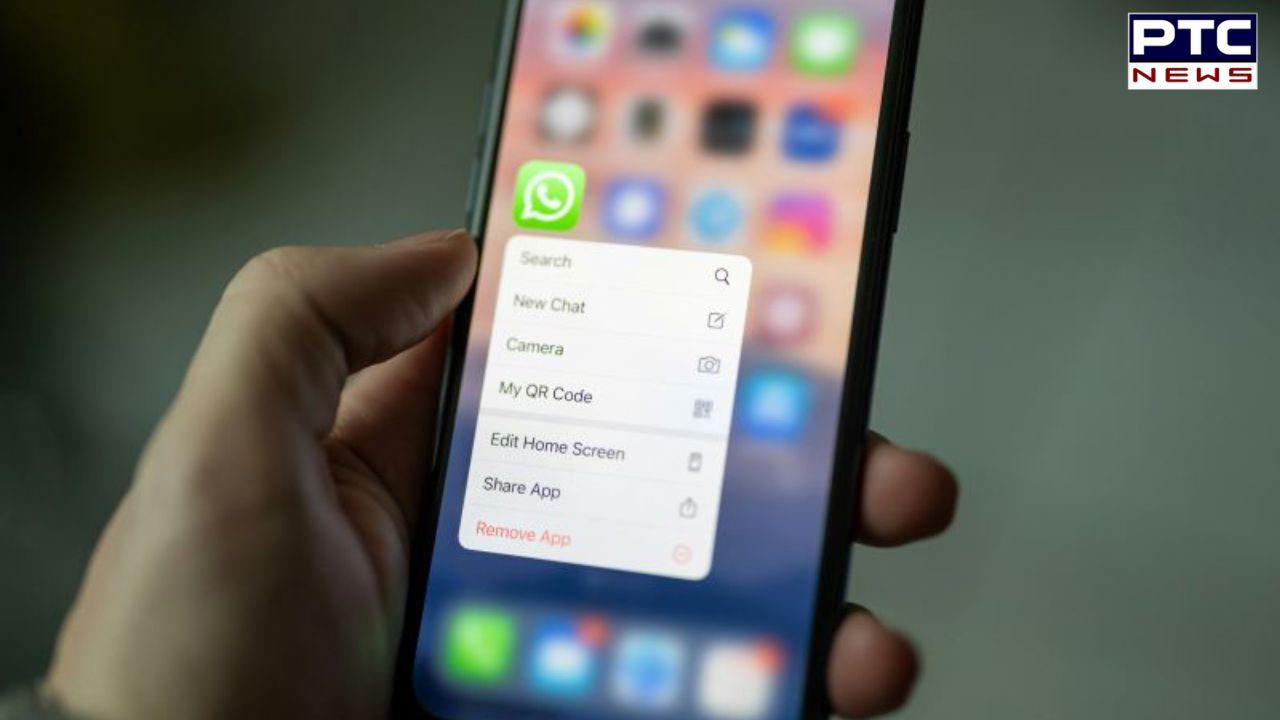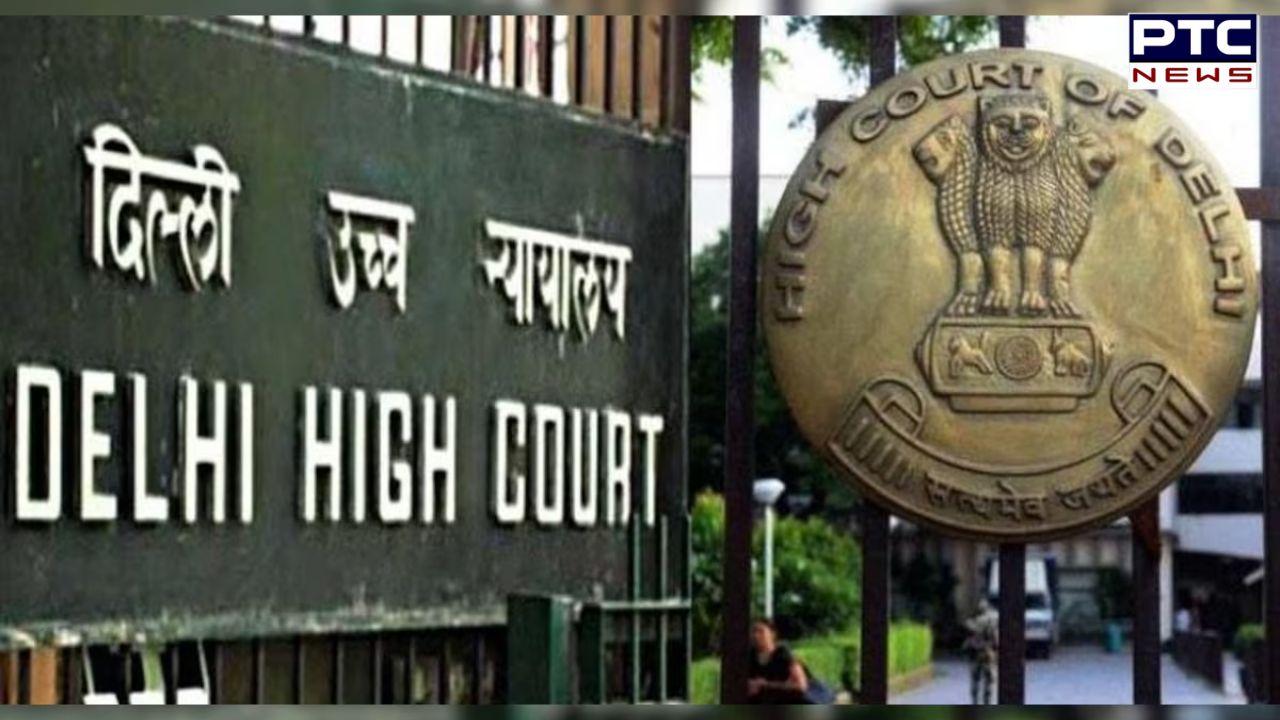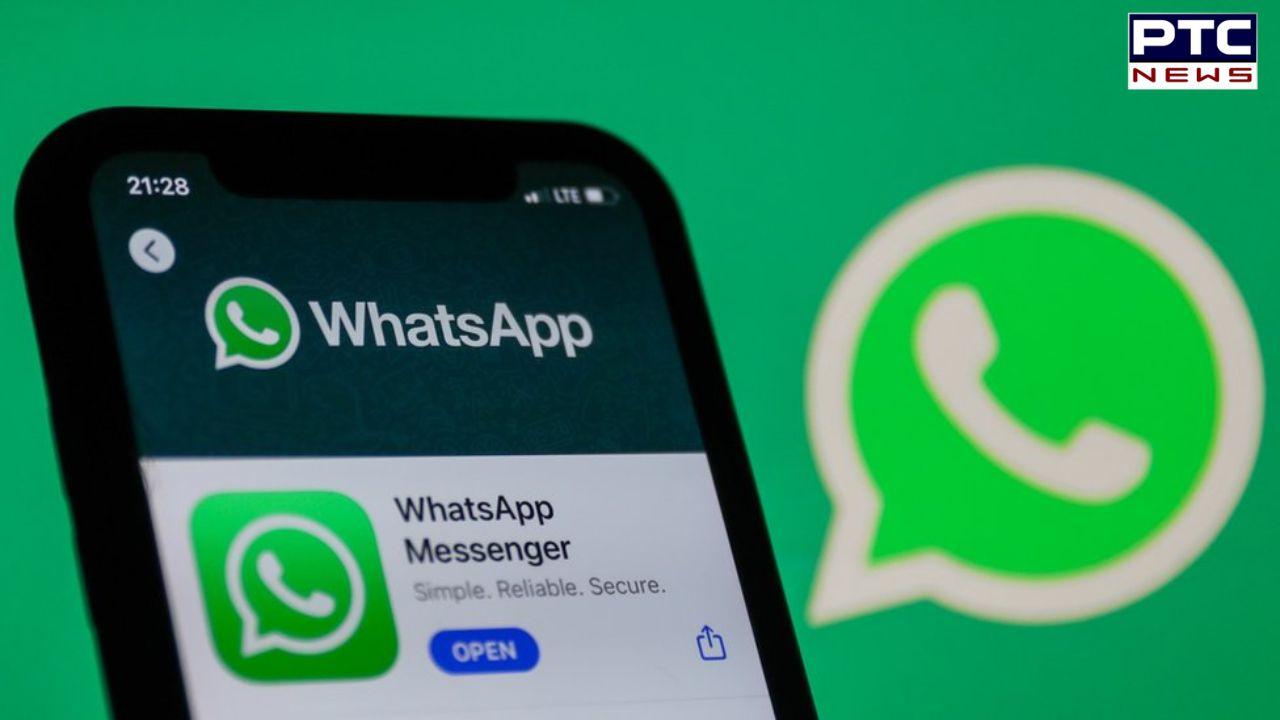

WhatsApp issues warning of potential shutdown in India over encryption dispute
PTC News Desk: WhatsApp, the messaging giant renowned for its end-to-end encryption, has issued a stark warning amidst mounting legal pressures in India. The platform, which boasts millions of users in the country, has declared its intention to cease operations if compelled to compromise its encryption protocols.
In a recent hearing at the Delhi High Court, WhatsApp reiterated its commitment to user privacy and security. Tejas Karia, representing the Meta-owned platform, unequivocally stated that WhatsApp would rather exit the Indian market than undermine its encryption standards. He emphasised that the platform's popularity, with approximately 400 million active users in India, is rooted in its robust security measures.

The encryption technology employed by WhatsApp ensures that messages, calls, videos, and other communications remain confidential and inaccessible to unauthorised parties. This assurance of privacy has been instrumental in fostering trust among users, contributing to the platform's widespread adoption.
However, WhatsApp's stance is now facing legal scrutiny in India, where authorities are seeking to regulate encryption practices. The platform's adamant refusal to compromise on encryption aligns with its global policy, reflecting its unwavering commitment to user privacy.
For Meta and WhatsApp, the prospect of discontinuing services in India represents a measure of last resort. Nevertheless, the company remains resolute in its defense of encryption, hoping that such warnings will bolster its legal position and avert the necessity of compromising user privacy.

WhatsApp vs Indian Govt Over Your Privacy
In a contentious clash over user privacy, WhatsApp finds itself at odds with the Indian government's regulatory stance. At the heart of the dispute lies the Indian government's insistence that WhatsApp and other messaging platforms must facilitate message tracing, in accordance with the Information Technology (Intermediary Guidelines and Digital Media Ethics Code) Rules of 2021. However, this demand clashes directly with WhatsApp's encryption protocols, which safeguard user chats from prying eyes, including those of the platform itself.
As a subsidiary of Meta, WhatsApp has taken a firm stance against the government's directive, challenging it on legal grounds. The crux of WhatsApp's argument is that compromising encryption protocols would constitute a breach of user privacy rights enshrined in the Indian Constitution. Conversely, the government contends that privacy rights must be balanced with the imperative of national security, necessitating access to encrypted messages.
This conflict is not unique to India, as WhatsApp has encountered similar demands from authorities in other jurisdictions. Despite mounting pressure, WhatsApp remains steadfast in its commitment to user privacy, asserting that the integrity of encrypted messages must be preserved. Indeed, the platform's unwavering dedication to security has been a cornerstone of its popularity, attracting millions of users worldwide and ultimately prompting Meta's acquisition of WhatsApp for a staggering $15 billion over a decade ago.
In essence, the standoff between WhatsApp and the Indian government encapsulates broader debates surrounding the intersection of privacy rights, governmental regulation, and digital security in the modern era.
Also Read: Supreme Court upholds electoral process, rejects 100% EVM verification
- With inputs from agencies
